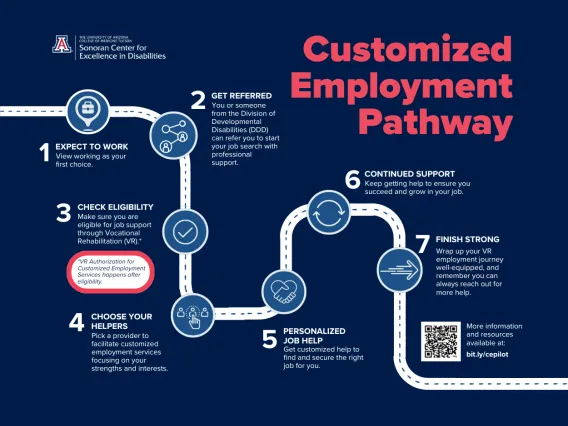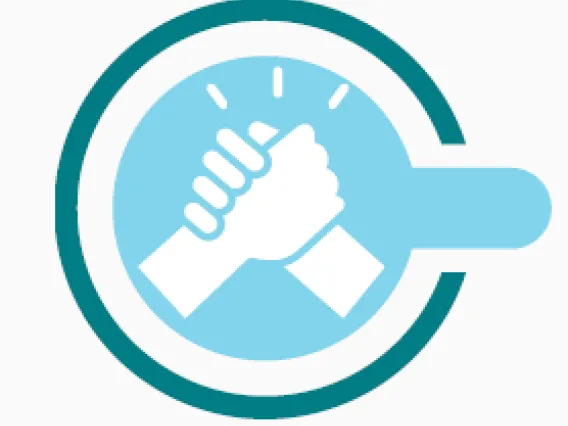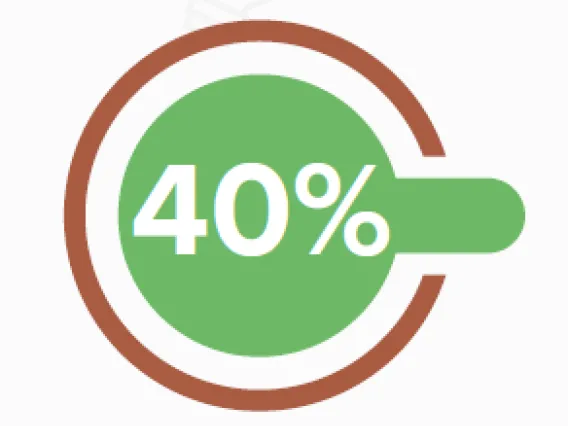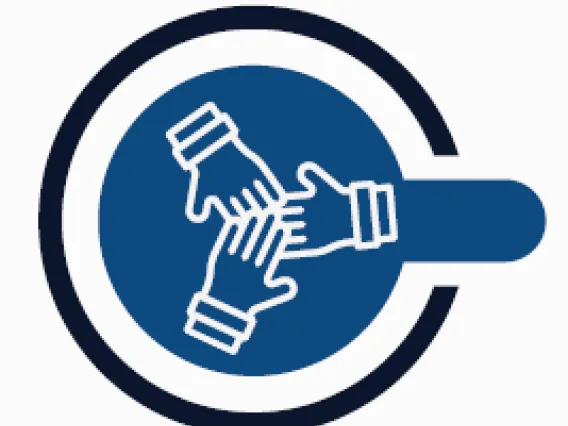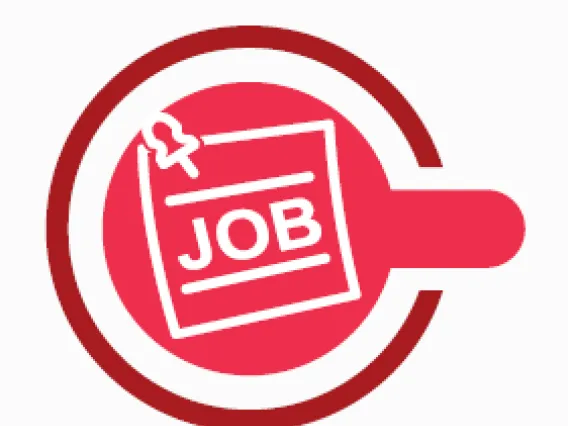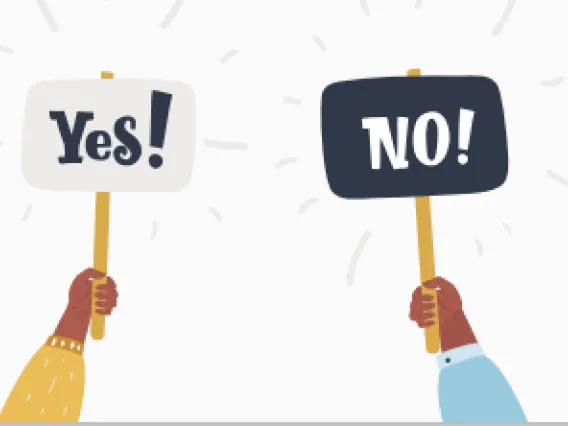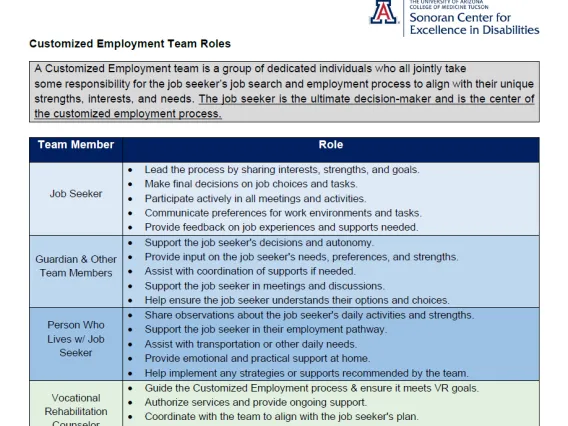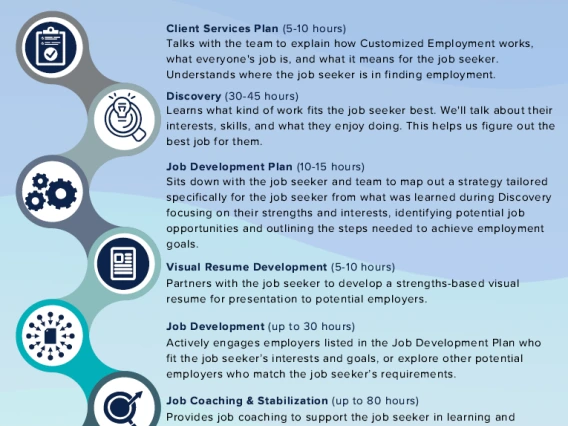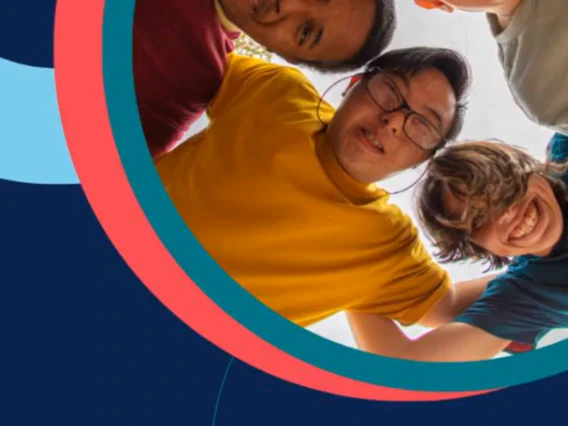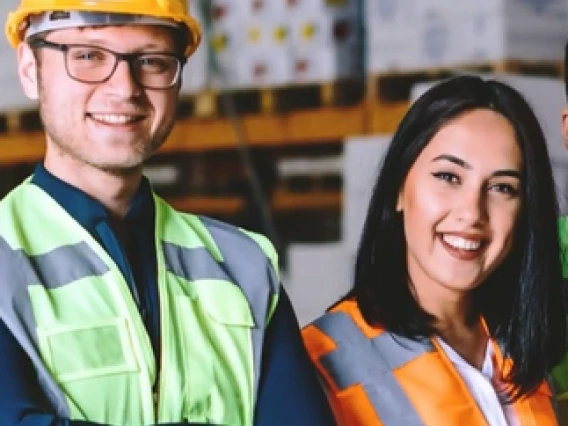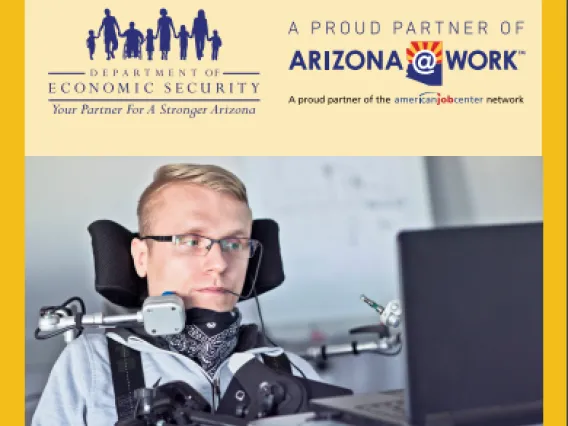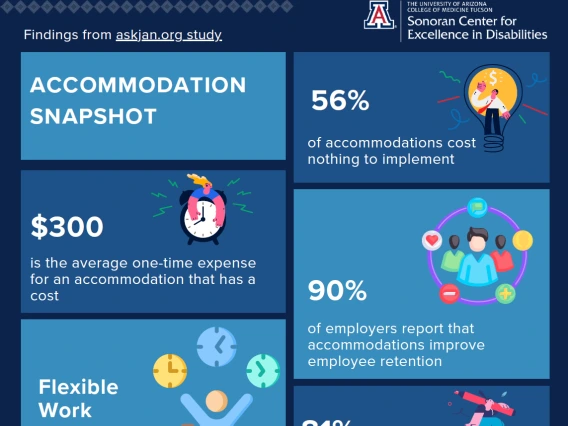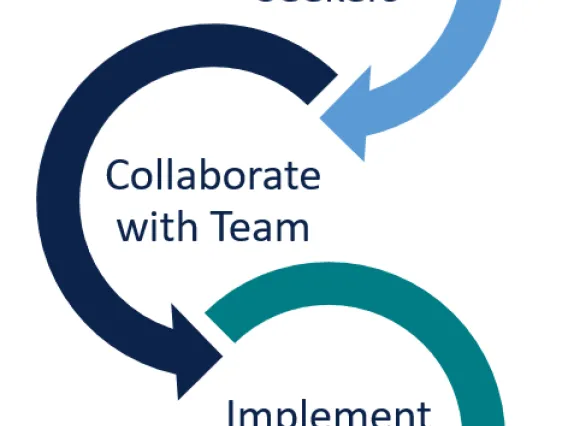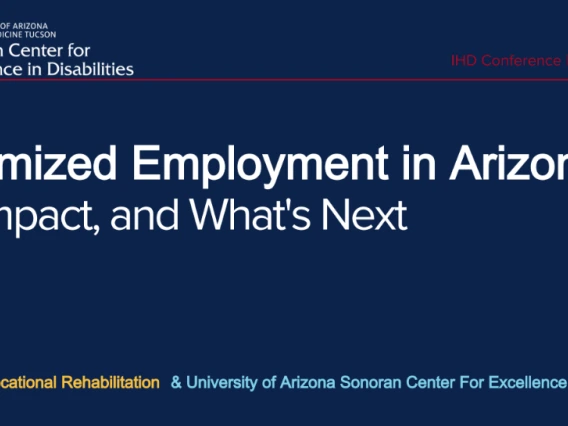
Customized Employment Pilot
Enhancing employment opportunities for job seekers with significant disabilities
The Customized Employment Pilot is a pioneering initiative in Arizona, created in partnership between the Arizona Department of Economic Security Vocational Rehabilitation (VR) agency and the University of Arizona Sonoran Center for Excellence in Disabilities. This project is designed to improve job opportunities for individuals with the most significant disabilities by tailoring job roles to match their skills and interests through an approach known as customized employment. This approach ensures that each participant can find meaningful employment that fits their abilities and preferences.
The primary goal is to test and refine customized employment strategies across different settings in Arizona, with participation from three selected Community Rehabilitation Providers (CRPs). These providers will work with job seekers in both urban and rural communities, aiming to establish employment matches that support both the individual’s preferences and the employer’s needs.
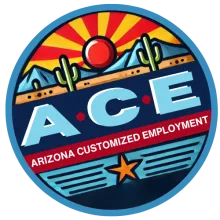
ACE (Arizona Customized Employment) is an on-demand training platform created and continually updated as part of the Customized Employment Pilot Project. It is designed to equip stakeholders with the essential knowledge and tools for implementation of customized employment practices.
Customized Employment Statement
Watch this short video explaining Arizona’s Customized Employment Statement and how it helps job seekers with significant disabilities find meaningful work.
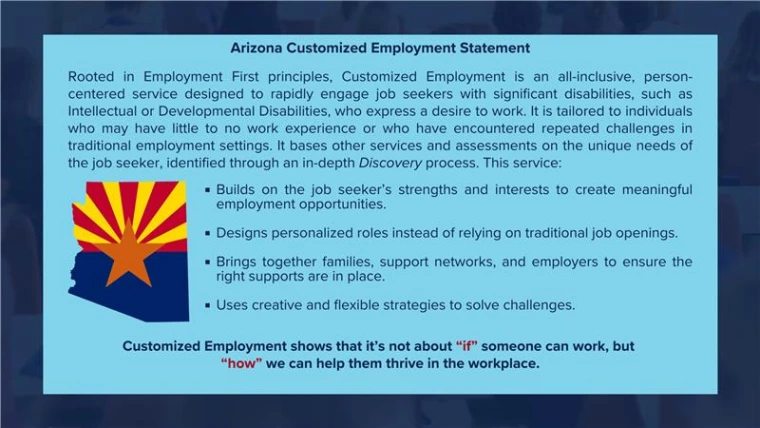
Definitions
Customized Employment means creating a job that matches a person's abilities, interests, and needs. It is a flexible process designed for people with significant disabilities who may not succeed in traditional job settings. CE focuses on finding or creating job roles that highlight what the person does well, ensuring it benefits both the job seeker and the employer.
Significant disabilities are disabilities that make it harder for a person to do everyday tasks, like working, communicating, or taking care of themselves. In Customized Employment, individuals with significant disabilities receive personalized support to help them find a job that matches their strengths and abilities, overcoming barriers that might exist in typical employment processes.
Competitive Integrated Employment (CIE) means a person with a disability works in a job alongside people without disabilities and gets paid the same for doing similar work. In Customized Employment, the goal is always competitive integrated employment, but the process of customizing the job allows people with significant disabilities to find roles that suit their unique skills in a regular work setting.
A person-centered approach is a way of working that focuses on the individual’s unique needs, strengths, and goals. It means putting the person at the center of decision-making and planning, making sure their voice guides the process. In Customized Employment, a person-centered approach is used to help the individual find a job that matches their interests, abilities, and life goals. It’s about what the person wants and how to support them in reaching those goals, rather than fitting them into a pre-existing system.
Discovery is an in-depth process of learning about a person's strengths, interests, and the type of support they need to find the right job. In Customized Employment, Discovery replaces traditional assessments and focuses on getting to know the person deeply—through observation and interviews—so that a job can be tailored to what they do best and what they enjoy.
Extended supports are ongoing help that a person with a disability receives after they get a job to ensure they continue to succeed. In Arizona, extended supports can come from the Division of Developmental Disabilities (DDD), Tribal Vocational Rehabilitation (VR), Arizona Health Care Cost Containment System (AHCCCS) or private pay. These supports are critical in Customized Employment to help individuals maintain and thrive in their jobs over time.
Pilot Providers
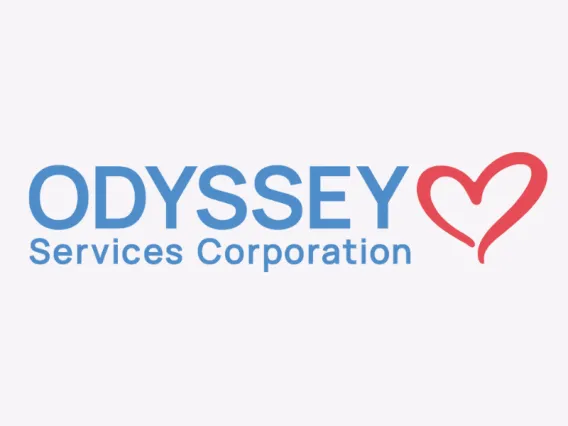
Odyssey Services Corporation
Pilot Focus: Chandler, Bird Springs, Ft. Defiance
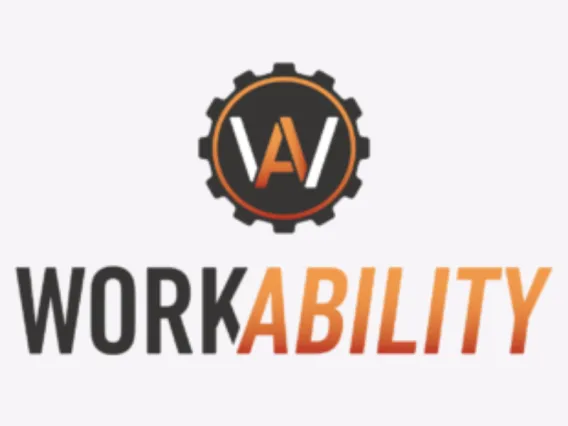
Workability
Pilot Focus: Nogales, Pascua Yaqui, Yuma, Tucson
Pilot Steps

- PLANNING: The project team develops a comprehensive plan outlining goals, objectives, and strategies for the pilot project.
- CREATING: This stage involves designing and developing the necessary materials, tools, and resources required for the implementation of the project, including on-demand training.
- TRAINING & PREPARATION: The pilot kicks off with extensive training for the staff of the CRPs including leadership and direct employment professionals to prepare them for implementing customized employment strategies.
- IMPLEMENTATION OF CUSTOMIZED EMPLOYMENT SERVICES: In this stage, customized employment services will be implemented alongside the provider working directly with the job seeker and their employment team including the assigned Vocational Rehabilitation Counselor (VRC), DDD Support Coordinator, Parent/Guardian, etc.
- ONGOING SUPPORT AND ADJUSTMENTS: Throughout the pilot, continuous support is provided to both job seekers and employers, with regular adjustments based on feedback and the evolving needs of both parties.
- EVALUATION AND FEEDBACK: The project includes data collection and evaluation to measure the effectiveness of the strategies used and to provide feedback for future improvements.
- SCALABILITY PLANNING: After evaluating the pilot's success, this phase involves developing a detailed plan to scale the customized employment model statewide.
Customized Employment Updates
FAQ
The goal of the Customized Employment Pilot is to implement Customized Employment services with selected employment providers and job seekers, offering support, training, and resources throughout the process. The pilot will help us learn what works best, with the ultimate goal of creating a Vocational Rehabilitation (VR) Customized Employment service that can be expanded statewide. This will ensure that more people with significant disabilities in Arizona can access the benefits of Customized Employment in the future.
Employment providers for the pilot have already been selected, so no additional providers can participate at this time. Job seekers involved in the pilot are also being identified by the selected employment providers, and most have already been chosen.
However, now is the perfect time to start talking about Customized Employment within your organization! You can prepare by learning about the process, sharing information with staff, parents, and job seekers, and promoting the idea that everyone can work with the right supports. Most importantly, focus on Employment First—the expectation that all individuals, including those with significant disabilities, can achieve competitive integrated employment. By fostering this belief and building awareness, you’ll be ready for future opportunities as Customized Employment expands across the state.
Currently, Customized Employment is not a standalone service in Arizona, but it is a process used to support people with significant disabilities who face challenges in finding or keeping traditional employment. Individuals who are eligible for Vocational Rehabilitation (VR) or services through the Division of Developmental Disabilities (DDD) may benefit from Customized Employment if they need a personalized approach to find a job that matches their strengths and abilities.
Customized Employment tailors the job to the person, rather than expecting the person to fit into a pre-existing job. It focuses on what the person does best and builds a role around those strengths, instead of using standard job interviews or applications.
We are actively creating resources and adding them to the Customized Employment webpage for job seekers, parents, employment professionals, and employers specific to Arizona. This webpage will provide helpful guides, tools, and information to better understand how Customized Employment works and how it can benefit everyone involved. Stay tuned as we continue to update and expand these resources to support individuals and organizations interested in learning more.
For an introduction on Customized Employment and to highlight the essential elements of providing quality Customized Employment services, check out this website: Customized Employment | Essential Elements of Customized Employment
To access customized employment services, you must be eligible with Vocational Rehabilitation (VR). If you're eligible with DDD, ask your support coordinator to refer you to Vocational Rehabilitation (VR) or you may submit a referral form. For more details on how to submit a referral to VR, visit: Vocational Rehabilitation | Arizona Department of Economic Security
Resources
Job Seekers and Parents
Employment Professionals
Employers
Presentations
Other Resources
User-friendly guides made by the ASU School of social work were created to help social service providers better support parents with disabilities.
A free, comprehensive online resource for employers seeking to move beyond basic compliance with the Americans with Disabilities Act (ADA) in order to create more disability-inclusive workplaces.
What to include in your ADA/Accommodation Toolkit
"Pathways to the Future Resources" provided by the Arizona Developmental Disabilities Planning Council (ADDPC) is a comprehensive collection of tools and information aimed at supporting individuals with developmental disabilities, their families, educators, and service providers in Arizona. This resource focuses on facilitating successful transitions for youth and young adults with disabilities into adulthood, higher education, employment, and independent living.
Pathways to the Future Resources | ADDPC
This guide explains the employment supports and services provided by the Division of Developmental Disabilities and Vocational Rehabilitation to eligible individuals.
English version: DDD-2283A - Employment That Is Right For Me
Spanish version: DDD-2283A-S - Un Empleo Adecuado para Mí
Amplifying Employment Through Tribal Vocational Rehabilitation:
AIVRTTAC Supporting American Indian Vocational Rehabilitation Brochure
Customized Employment Project Research Poster
As a 2024 ArizonaLEND Trainee, Selene completed her research on the Customized Employment Pilot through the Sonoran Center for Excellence in Disabilities, working closely with Systems Change Liaison Mỹ Lê Sandaine.
On May 2, Selene presented her poster presentation highlighting the impact of customized employment and the importance of person-centered approaches to employment for people with significant disabilities.
Selene wants to work and is passionate about fashion, community inclusion, and helping others—and her presentation reflects her commitment to creating opportunities that fit people’s strengths and dreams.
We’re so proud to have worked with her!
Image
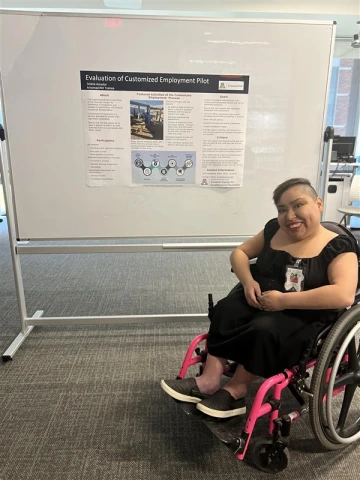
|
Image
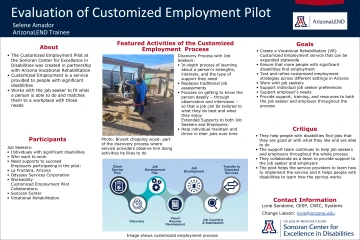
|
Contact
If you are interested in learning more or have insights about customized employment in Arizona, we would love to connect with you. Your thoughts and experiences can help shape our understanding and impact.
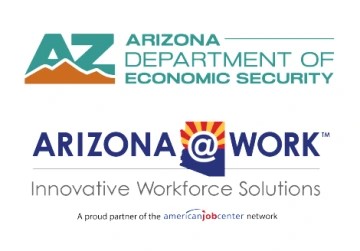
This project is funded by the Arizona Vocational Rehabilitation program and is aimed at developing partnerships, creating capacity, and enhancing employment outcomes for Arizonans with the most significant disabilities.

